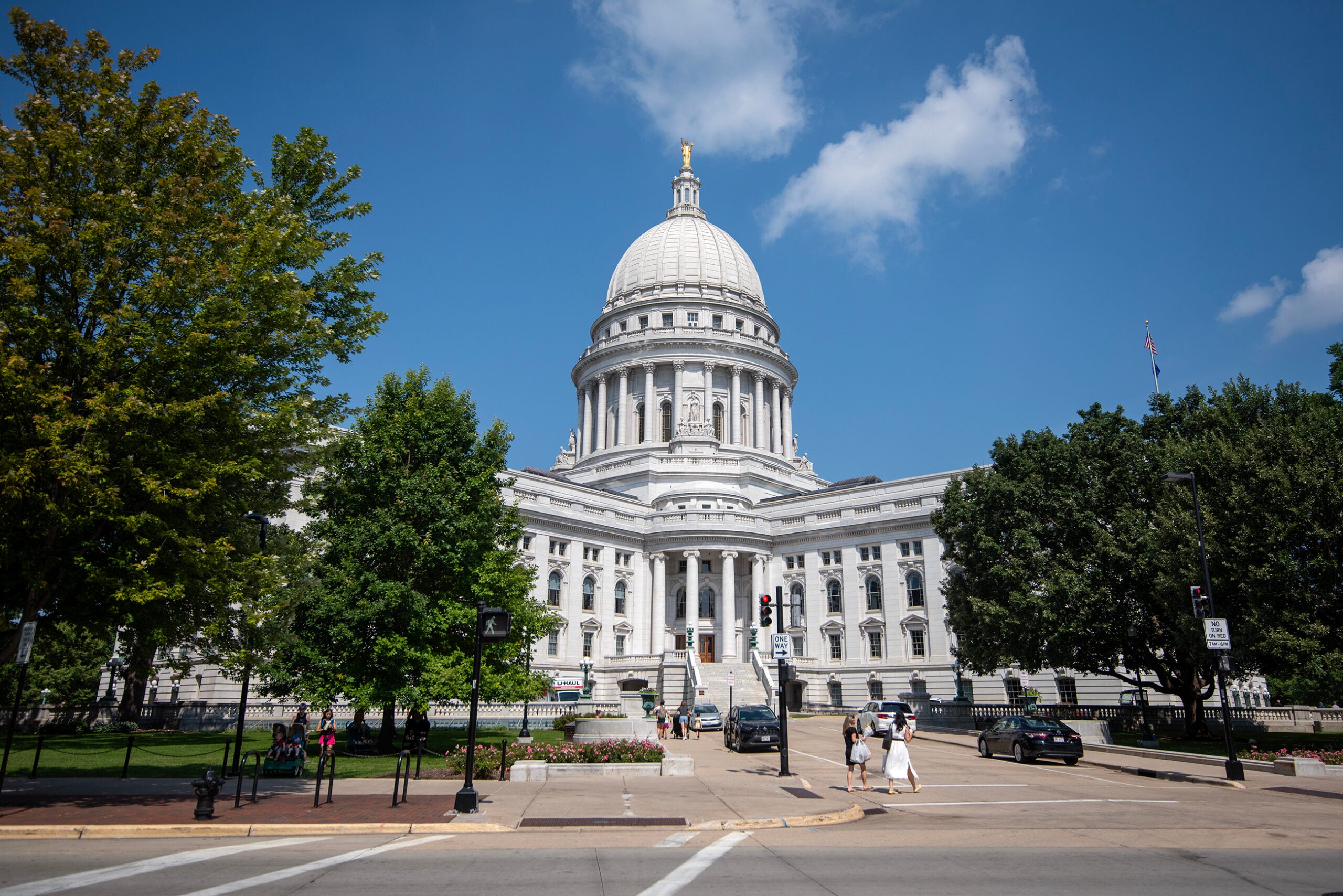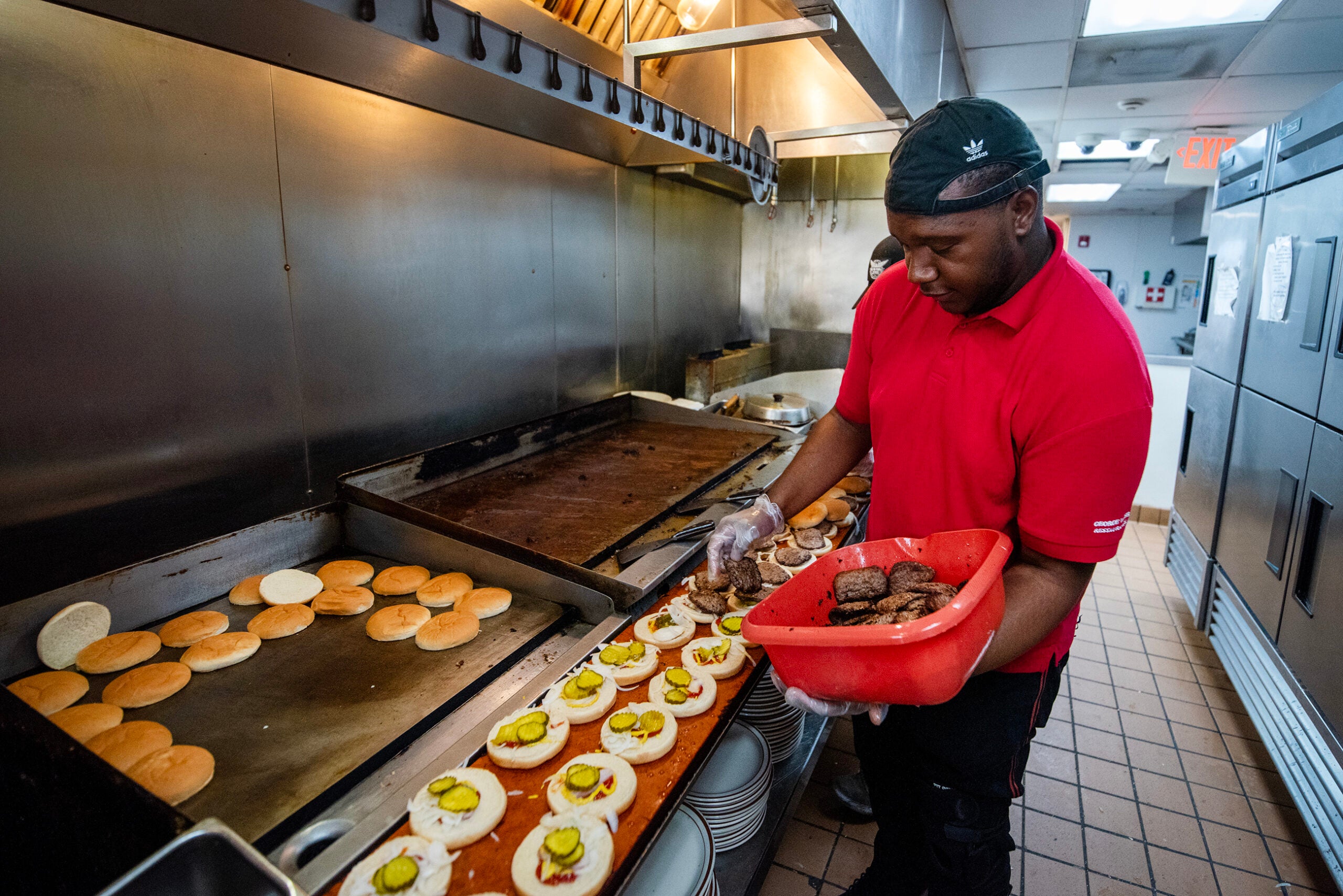The wage gap between men and women in Wisconsin isn’t projected to close until 2067, according to a recent report released by The Institute for Women’s Policy Research.
The institute looked at the wages of men and women working full-time, year-round from 1959 to 2015. If men and women’s earnings continue to change at the same rate, Wisconsin’s wage gap won’t close for another 50 years. The wage gap in the United States is projected to close in 2059.
Julie Anderson, senior research associate at The Institute for Women’s Policy Research, said if the wage gap is going to close sooner, employers need to be more transparent about what they’re paying each gender and race.
News with a little more humanity
WPR’s “Wisconsin Today” newsletter keeps you connected to the state you love without feeling overwhelmed. No paywall. No agenda. No corporate filter.
“Right now companies aren’t required to report that data, so people may not even know that they are not receiving what they consider fair compensation for a job that another employee is doing,” Anderson said.
Other interventions include provisions that are stated in the Paycheck Fairness Act, such as preventing employers from asking about salary history, Anderson said.
U.S. Sen. Patty Murray, D-Wash. and U.S. Rep. Rosa DeLauro, D-Conn. reintroduced the Paycheck Fairness Act on Tuesday. The reintroduction took place on Equal Pay Day, which represents on average the extra number of days in 2017 that women have to work to earn the same amount of wages that men earned in 2016. The bill has been submitted to every session of Congress since 1997, according to The Herald Sun.
Nationally, women make 80 cents for every dollar a man makes. In Wisconsin, women make about 78 percent of white men’s earnings. Disparities are even greater among black women in the state who make 62 percent of white men’s wages and Hispanic women who make about 52 percent.
Ed Lump, president and CEO of the Wisconsin Restaurant Association, said he doesn’t see the wage gap as an issue in the state’s restaurant industry.
“(The association takes) a lot of calls here about labor laws and policies and realistically in my entire career we’ve gotten, I would say, roughly zero calls complaining about unequal pay between genders,” Lump said.
Lump admitted that his example is anecdotal, but said he doesn’t see the data either. He said gender is not indicated in national wage surveys; therefore, it can’t be known if discrimination is happening for sure.
In 2012, Gov. Scott Walker repealed the 2009 Equal Pay Enforcement Act, which allowed pay discrimination lawsuits to be filed in state court instead of just federal court. Stiffer penalties against employers were also administered.
The state’s current law prohibiting gender-based employment discrimination is the 1982 Fair Employment Act. People can seek smaller damages from their employer through a state administrative hearing process or in federal court.
Wisconsin Public Radio, © Copyright 2025, Board of Regents of the University of Wisconsin System and Wisconsin Educational Communications Board.







